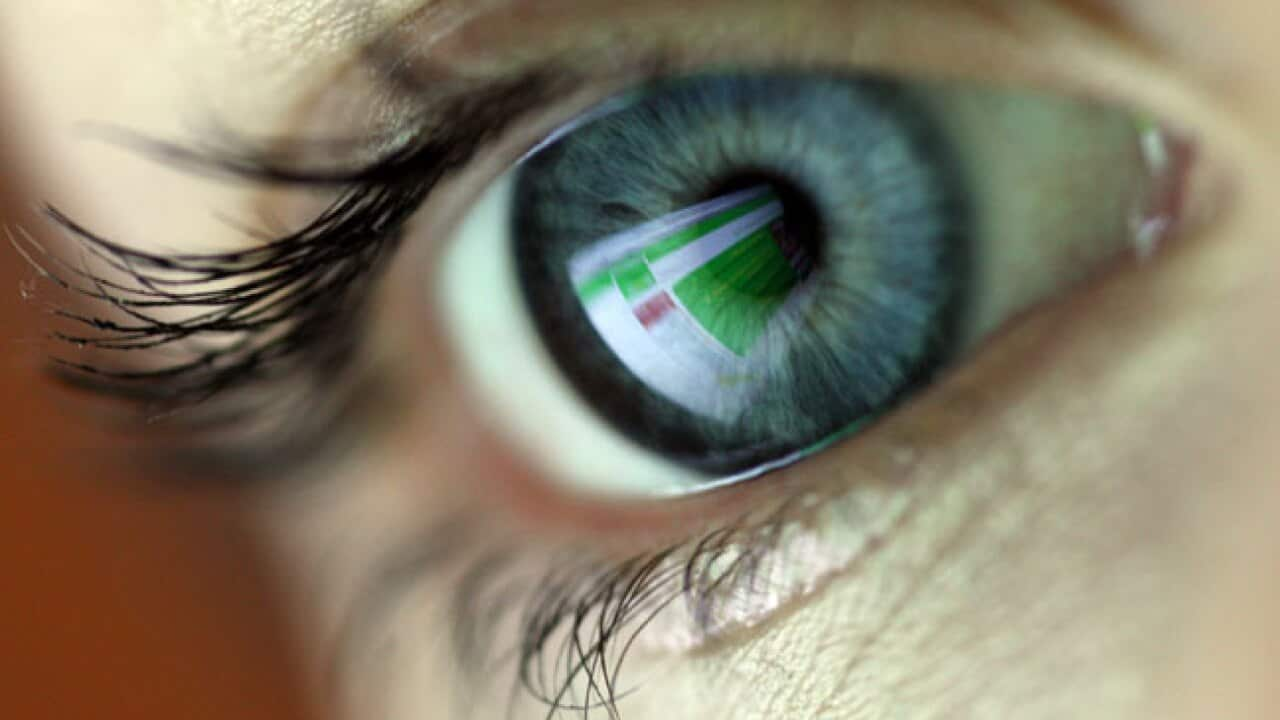A few wrinkles on the forehead, the daring crows feet near the eyes and a glistening head of grey hair are common signs of ageing, but a US study claims the process may be reversible.
A study on mice showed that a new form of gene therapy produced a significant rejuvenating effect, the Guardian reports.
After six weeks of receiving treatment, the animals looked younger, had straighter spines, better cardiovascular health, healed quicker when injured and lived 30 per cent longer. The treatment given to the mice was based on a technique previously used to turn back the clock on adult cells, such as skin cells.
The treatment given to the mice was based on a technique previously used to turn back the clock on adult cells, such as skin cells.

Source: AAP
The induced pluripotent stem (iPS) cells, which are already being tested in trials, can multiply and transform into any cell type in the body.
Lead researcher Juan Carlos Izpisua Belmonte said the study indicated that ageing may not have to proceed in one single direction.
"With careful modulation, ageing might be reversed," he said according to the Guardian.
The findings also challenged the idea that ageing is a result of physical wear and tear over a period of time.
While researchers agree the approach won't lead to immortality, they claim treatments designed to slow the process are in the foreseeable future.
"This is the first time that someone has shown that reprogramming in an animal can provide a beneficial effect in terms of health and extend their lifespan," Belmonte said according to the Guardian.
While the genetic techniques used do not apply to humans, the team estimate the application may only be a decade away.
MORE ABOUT GENE THERAPY

Gene therapy may save sight

